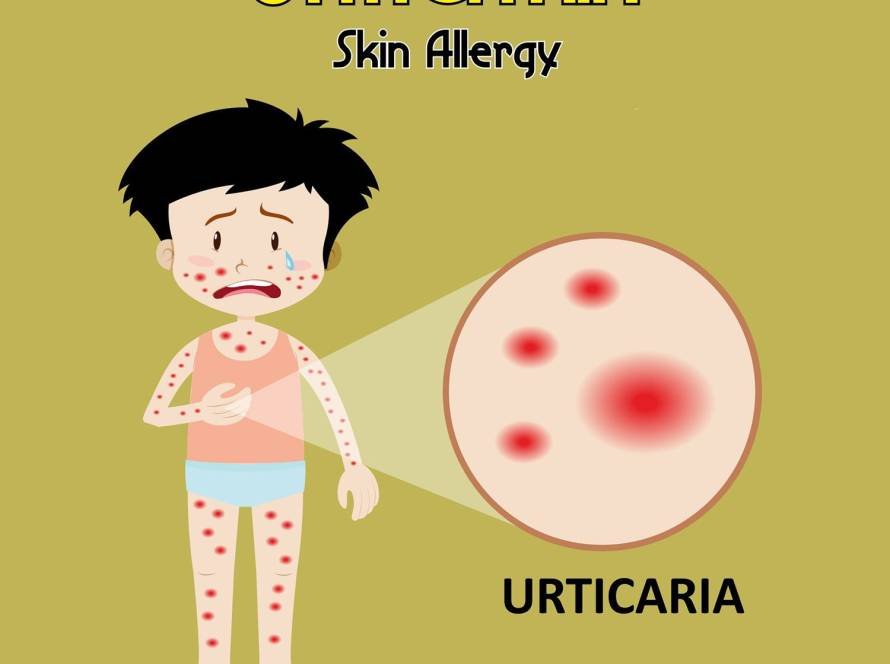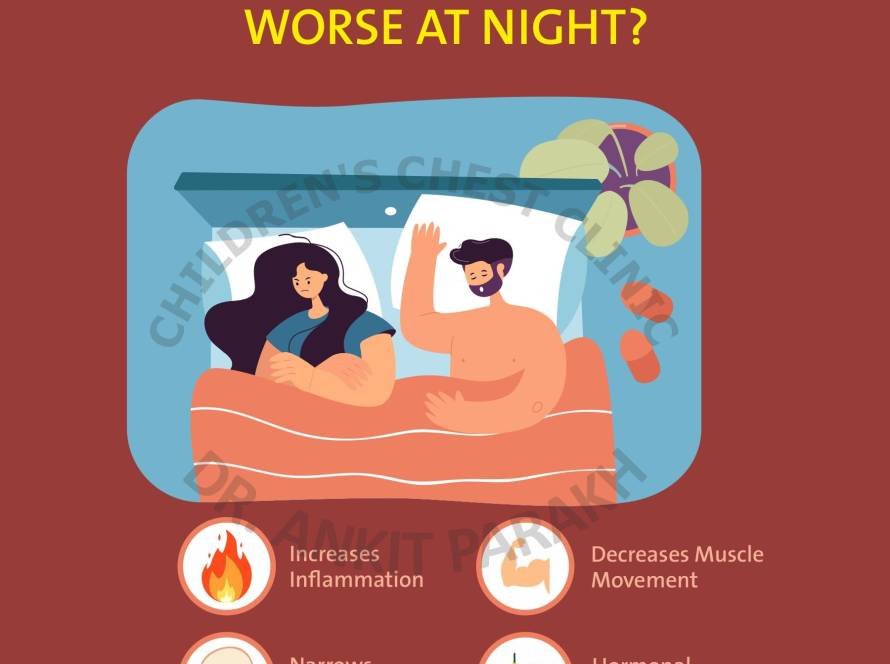Many children suffer from year round or perennial allergy symptoms of asthma, allergic nose and atopic dermatitis or eczema. These are usually caused by indoor allergens.
What are the usual indoor allergens?
The common indoor allergens are dust mite, dog or cat dander (occasionally cow, buffalo or horse dander), cockroach droppings and fungus or molds. In addition to causing regular allergic symptoms, these allergens also trigger asthma attacks in children with allergic asthma.
What are the usual outdoor allergens?
The usual outdoor allergens are pollens of trees, weeds and grasses. These allergens are specific to a particular season and also to a particular geographic area.
How can I get to know what allergen is leading to problems in my child?
With the help of a paediatric allergist, you can know what allergens are causing symptoms in your child. This would require some allergy testing. Allergy testing can be done in two ways as detailed below:
- Skin allergy test or Skin Prick Test (SPT): in this test a small amount of allergen is put on the forearm of the child and gently scratched with a special lancet. This leads to a wheal and flare response which is read after 15 to 20 minutes. The test is painless and bloodless. Skin test gives accurate results in 20 minutes. Many allergens can be tested simultaneously. For more detail on skin prick test click.
- Blood allergy test (Also called as ImmunoCap): The new generation blood tests are very reliable and are used often. The results take a few days to be available (usually 7-10 days). They are usually more costly compared to skin tests.
What can be done once my child is detected with allergies?
Your allergist shall also help you with provide guidance on preventive measures for various allergens. The pediatric allergist shall also guide your child’s treatment plan. Desentization or immunotherapy can be done for certain allergens. These are also called as allergy drops or allergy shots. For more detail on immunotherapy click.
Get in touch with a paediatric allergist if your child has allergies!!






